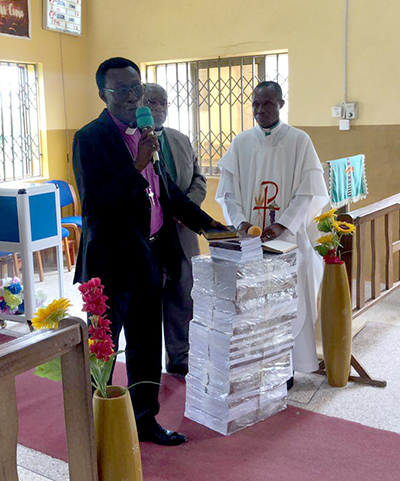
GHANA – The Evangelical Lutheran Church of Ghana (ELCG) held a special dedication event on October 4 to celebrate the translation of the Augsburg Confession into the Fanti language. The event took place at St. John’s Lutheran Congregation in Takoradi.
ELCG President John Donkoh was present for the event, which coincided with a thanksgiving service for his late brother the previous day. “It was a deeply meaningful moment,” he noted, “blending personal remembrance with a significant milestone in our church’s ongoing mission to make our Lutheran heritage more accessible to local communities.”
“This effort is part of a larger vision to ensure that foundational Lutheran confessional documents are available in the heart languages of the people,” President Donkoh continued, “so that members can read, understand, and grow in their faith with deeper clarity and connection.”
The Fanti-language translation project was made possible through the generous support of Lutheran Heritage Foundation (LHF). Thanks to LHF, a total of 1,000 copies have been printed for distribution to Lutheran congregations across the Fanti-speaking regions of Ghana.
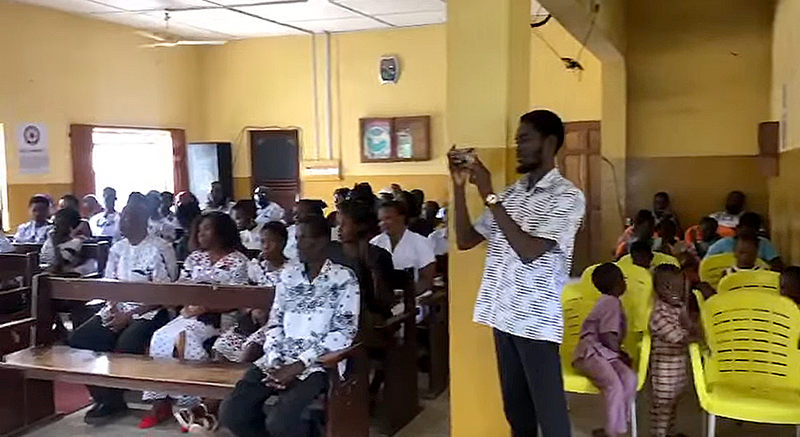
“The dedication of this translation into Fanti is a powerful reminder that the Augsburg Confession is not just a historical document—it is a living confession,” President Donkoh said. “It continues to speak to believers today, teaching us what it means to be saved by grace through faith in Christ, and calling the Church to remain faithful to the Word of God.”
The Evangelical Lutheran Church of Ghana is a member church of the International Lutheran Council (ILC), a global association of confessional Lutheran church bodies which proclaim the Gospel of Jesus Christ on the basis of an unconditional commitment to Holy Scripture and to the Lutheran Confessions.
———————

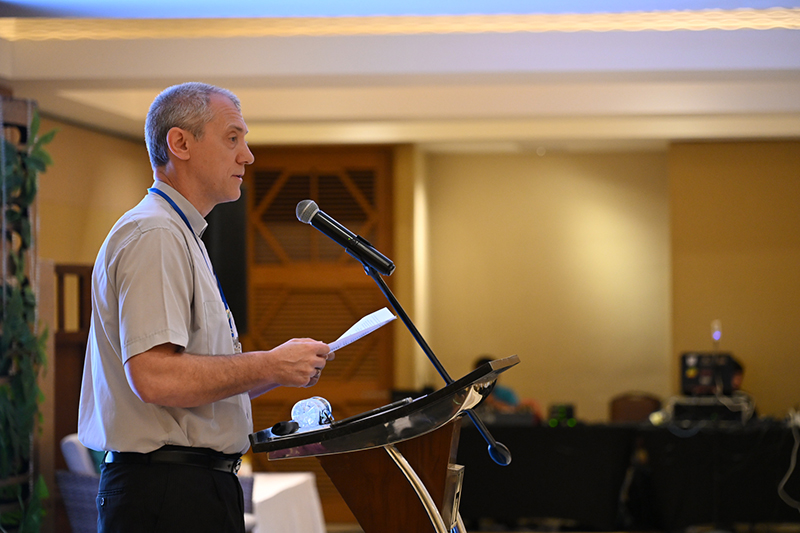
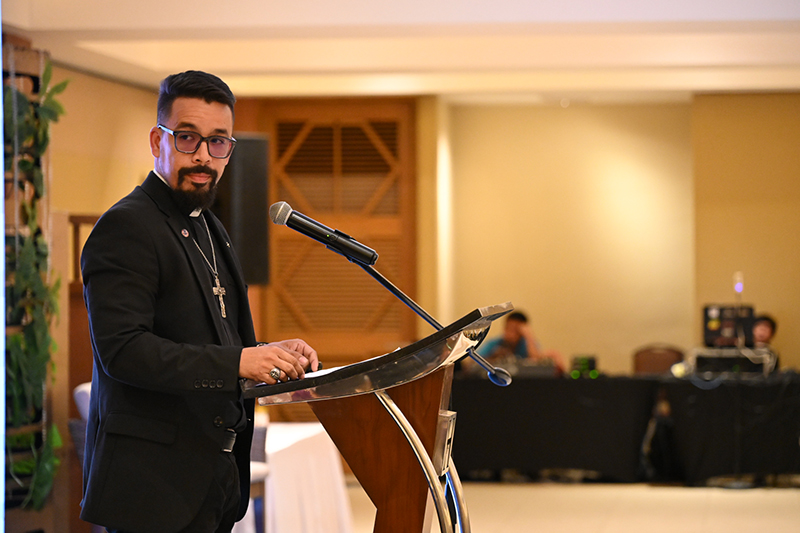
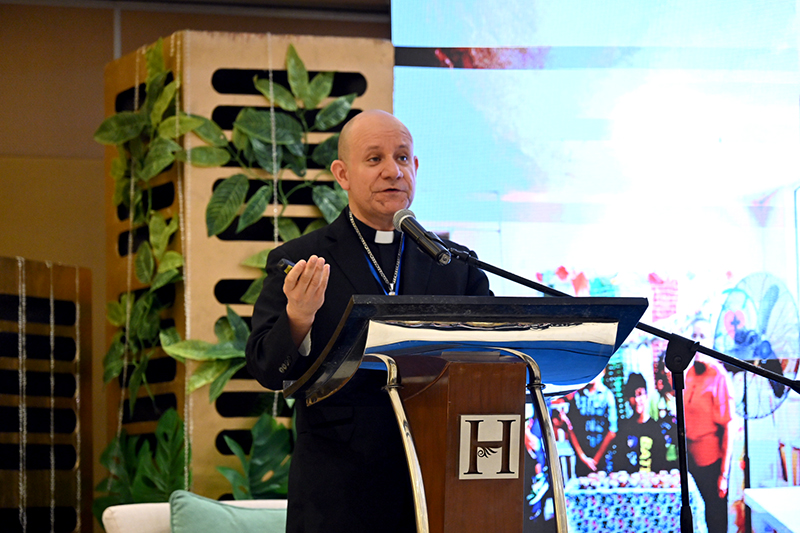
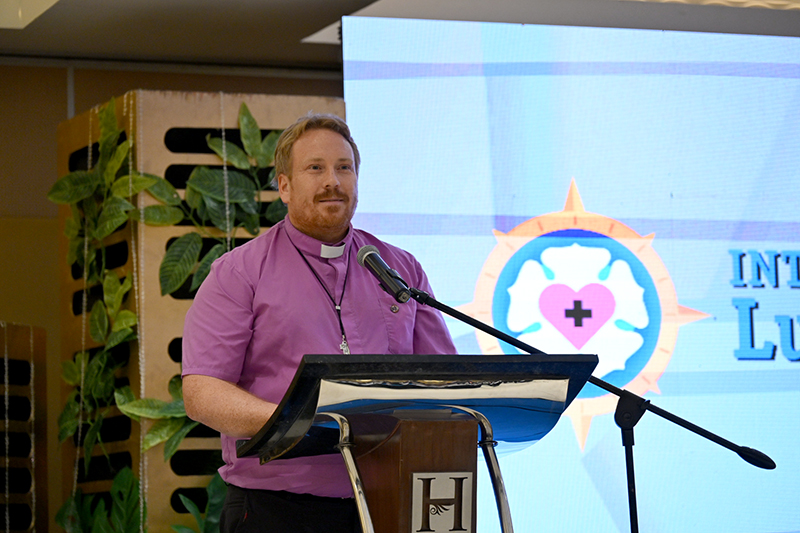
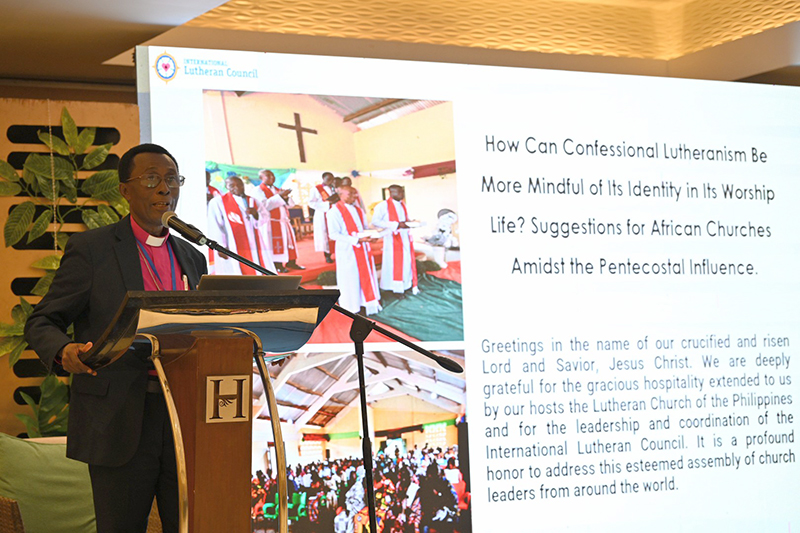
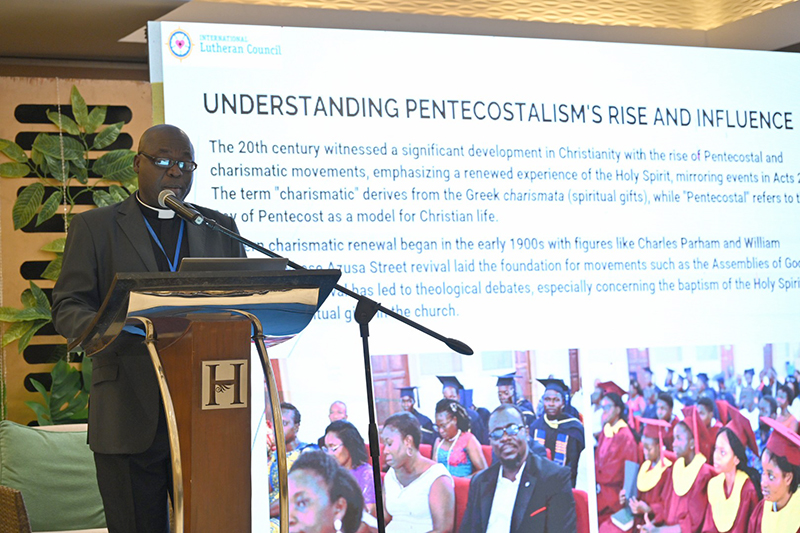
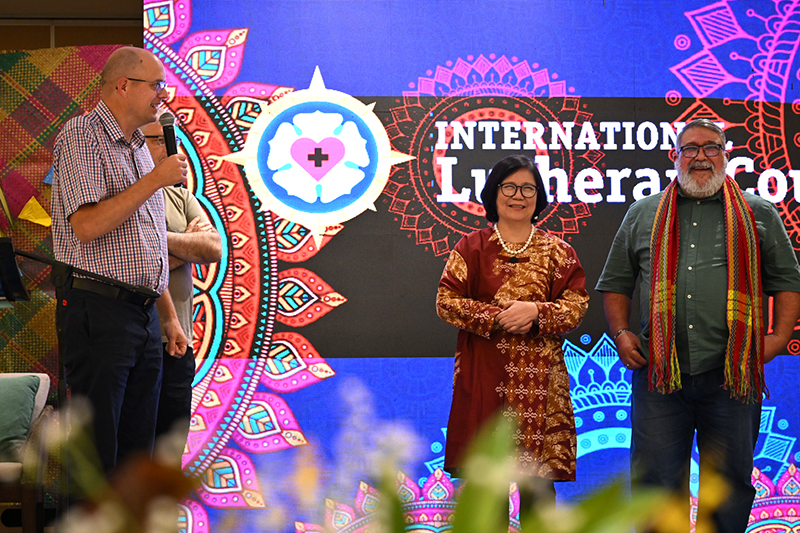
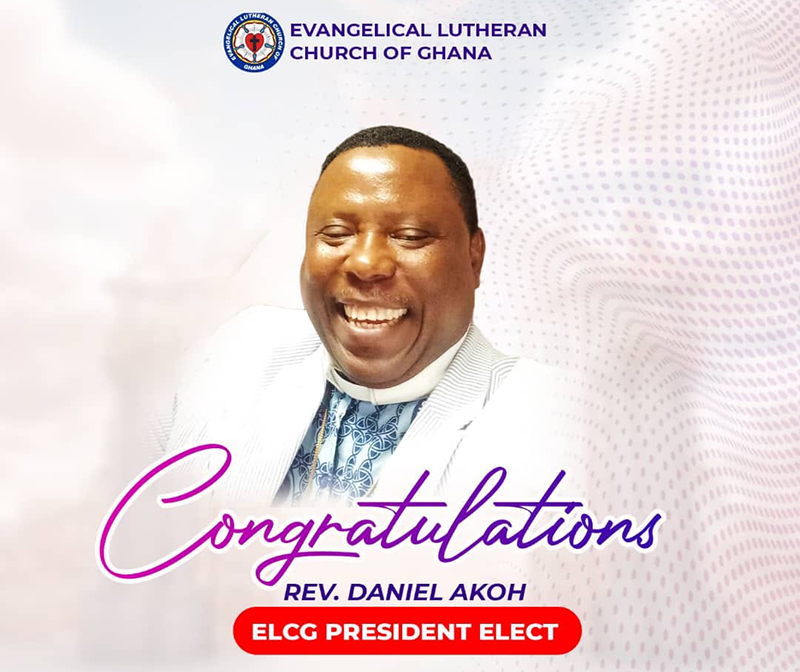
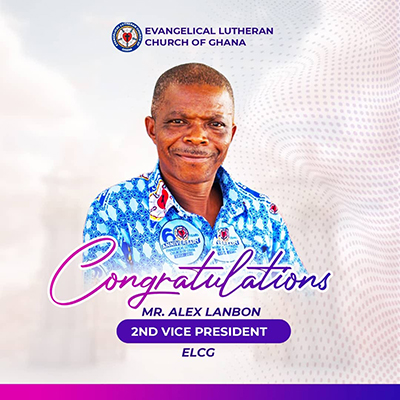
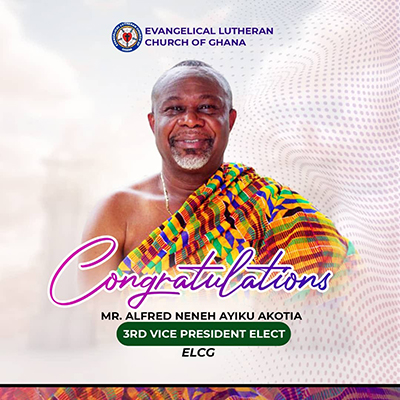
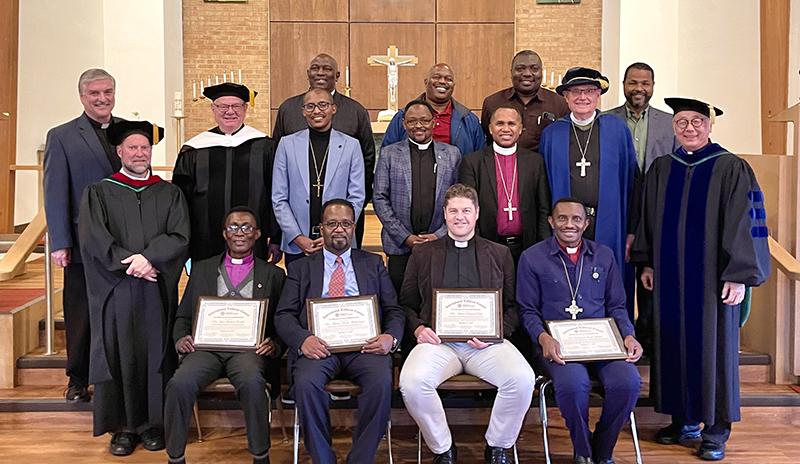
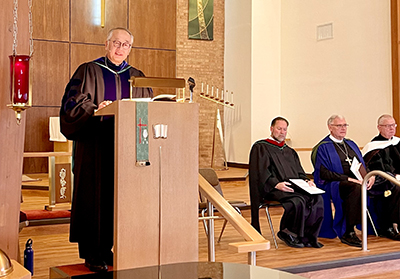
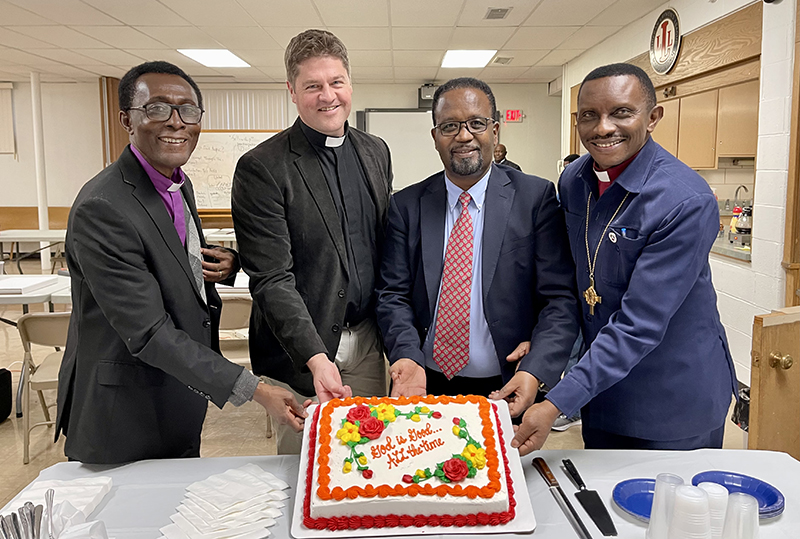
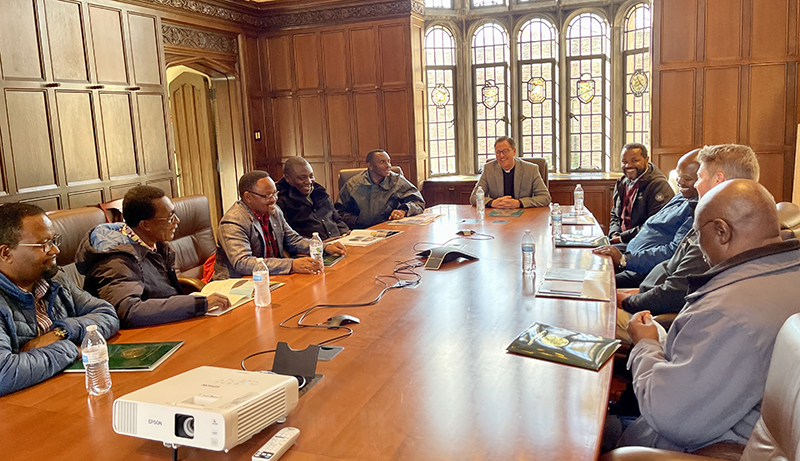
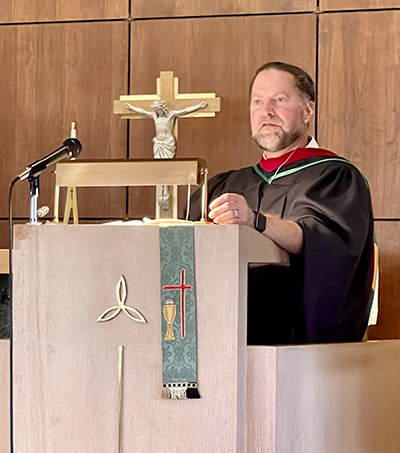
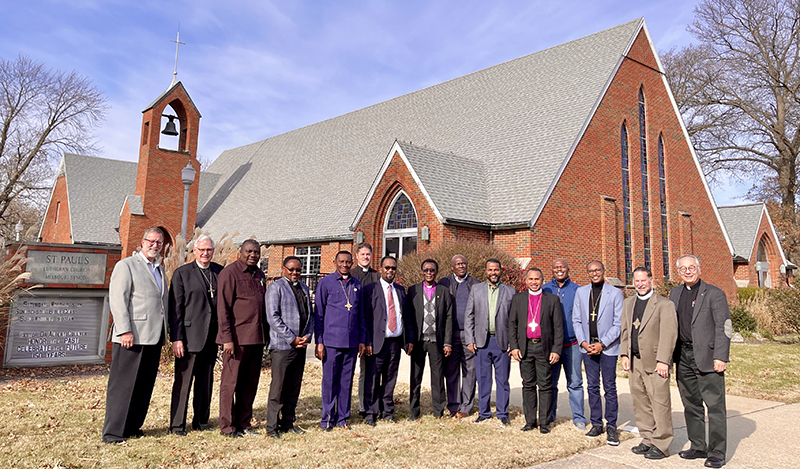
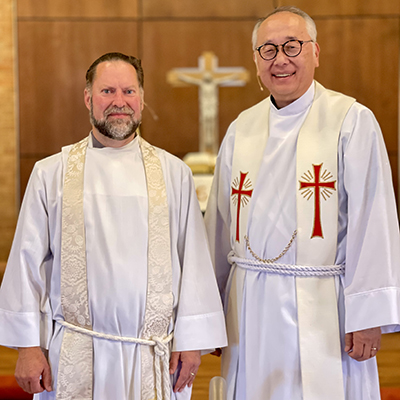
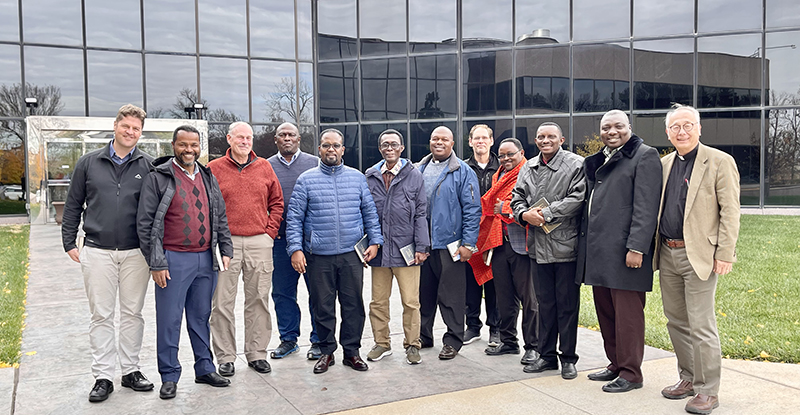
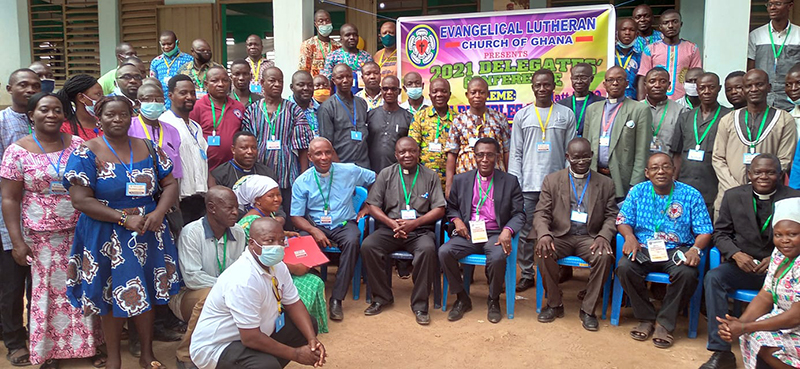
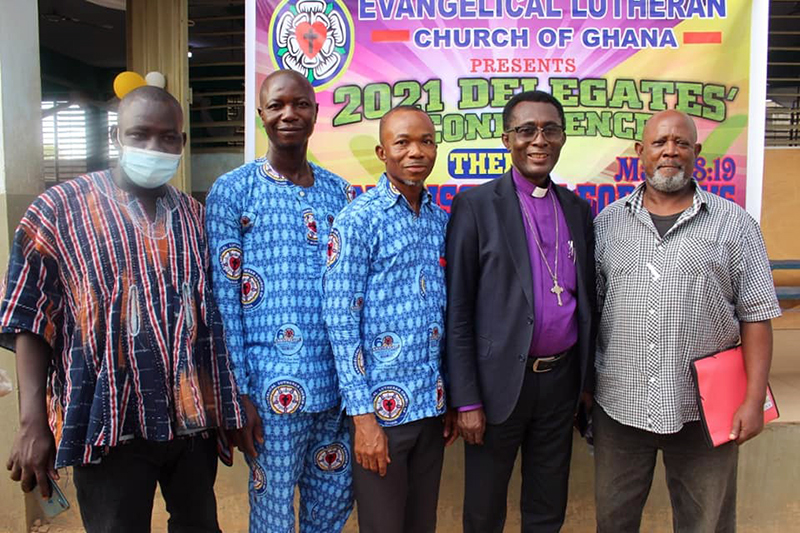
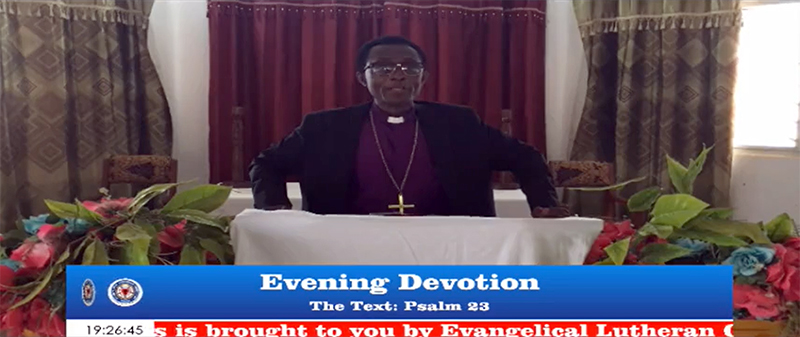
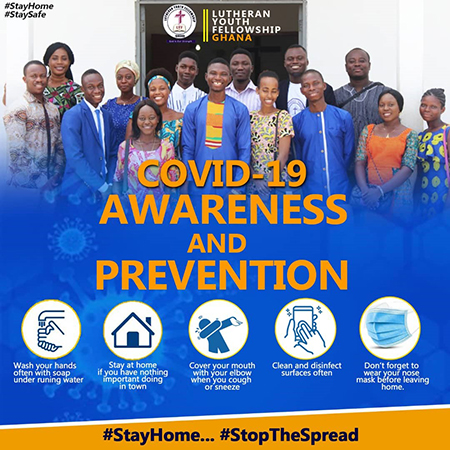
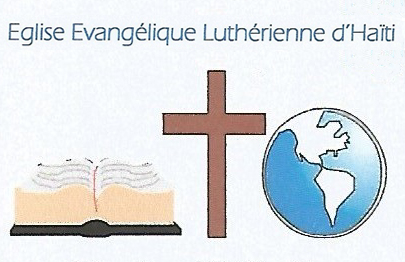 The Evangelical Lutheran Church of Haiti (Église Évangélique Luthérienne d’Haiti – ELCH) is reaching out to people during this difficult situation, which is aggravated by recent instability in the region. The church reports that a lack of infrastructure in the nation also creates challenges; a majority of the population, for example, do not have access to electricity.
The Evangelical Lutheran Church of Haiti (Église Évangélique Luthérienne d’Haiti – ELCH) is reaching out to people during this difficult situation, which is aggravated by recent instability in the region. The church reports that a lack of infrastructure in the nation also creates challenges; a majority of the population, for example, do not have access to electricity.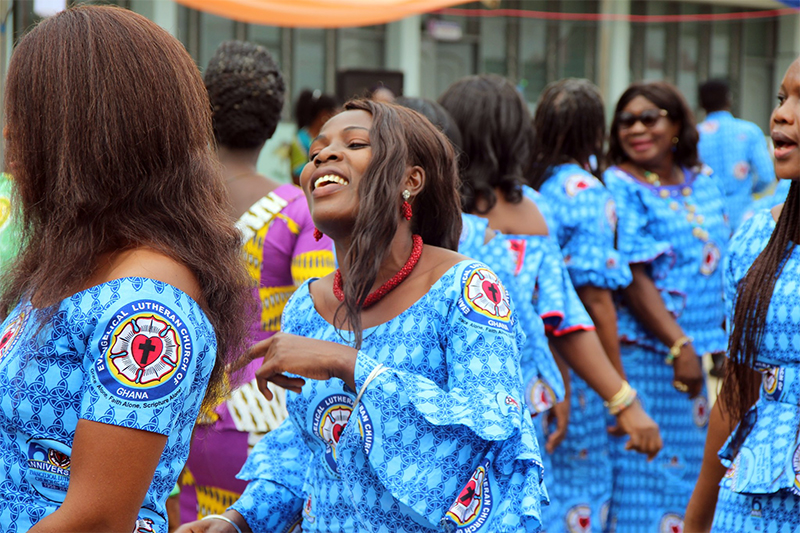
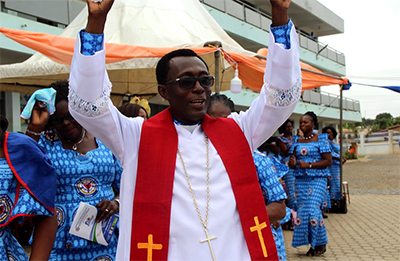
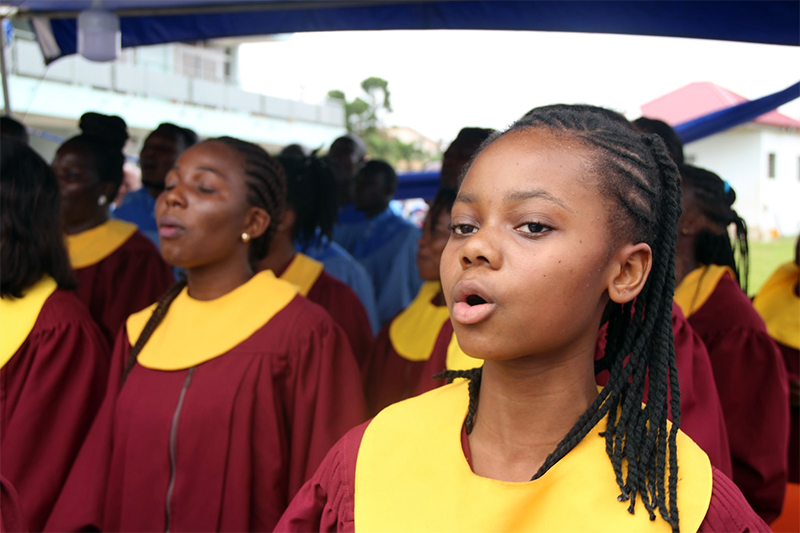
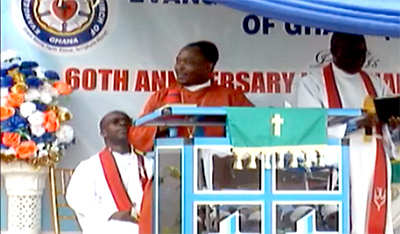
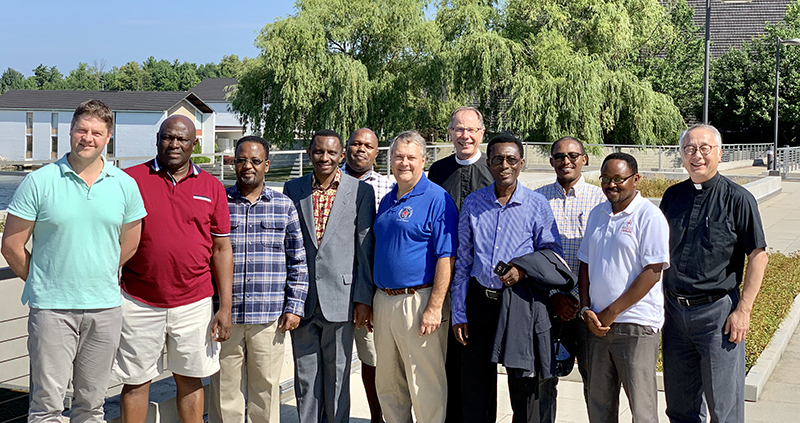
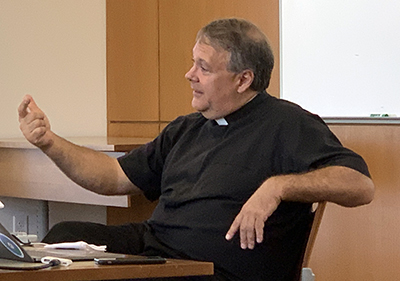
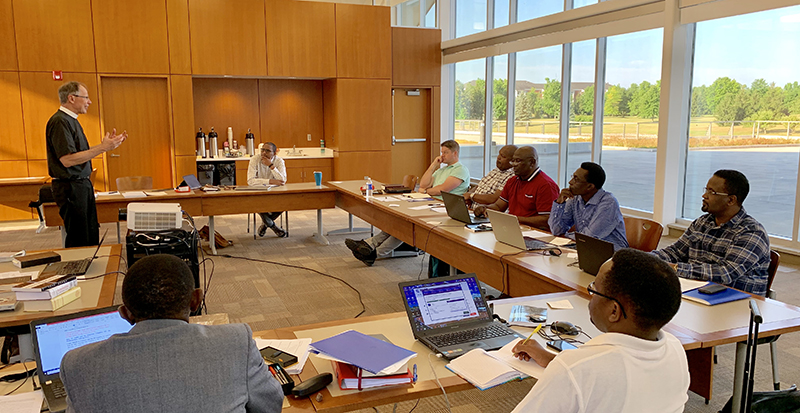
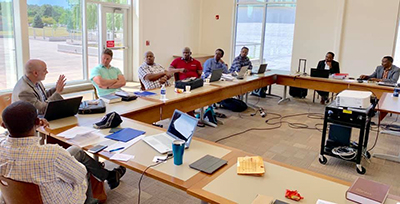
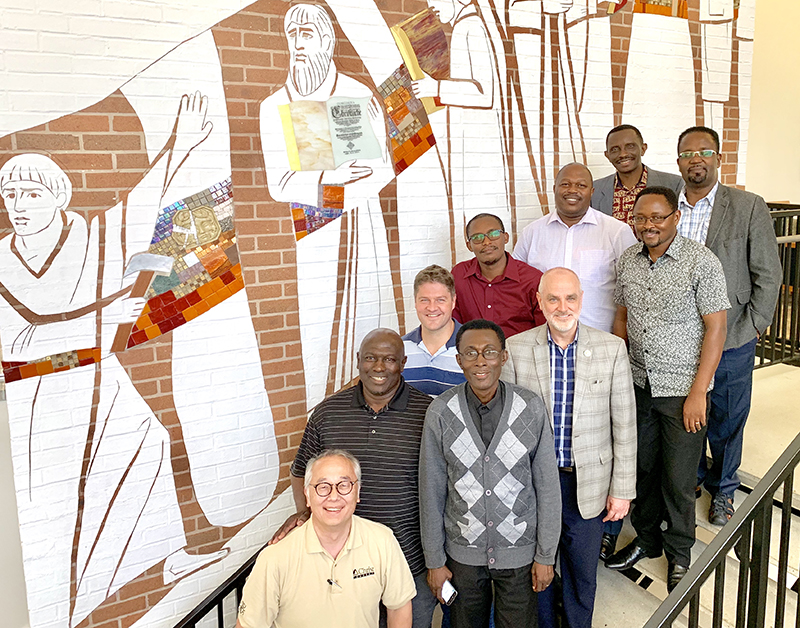
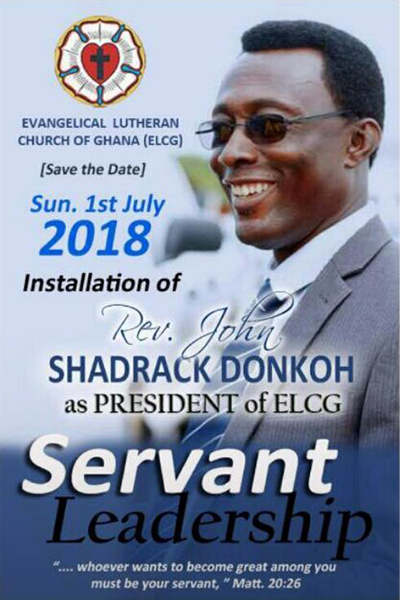 GHANA – The Evangelical Lutheran Church of Ghana (ELCG) is preparing to welcome their new president, Rev. John Shadrack Donkoh, who will be installed during a special service in Accra on July 1, 2018. The theme for the service will be “One Body, One Lord, One Mission,” drawing on Ephesians 4:4-6.
GHANA – The Evangelical Lutheran Church of Ghana (ELCG) is preparing to welcome their new president, Rev. John Shadrack Donkoh, who will be installed during a special service in Accra on July 1, 2018. The theme for the service will be “One Body, One Lord, One Mission,” drawing on Ephesians 4:4-6.